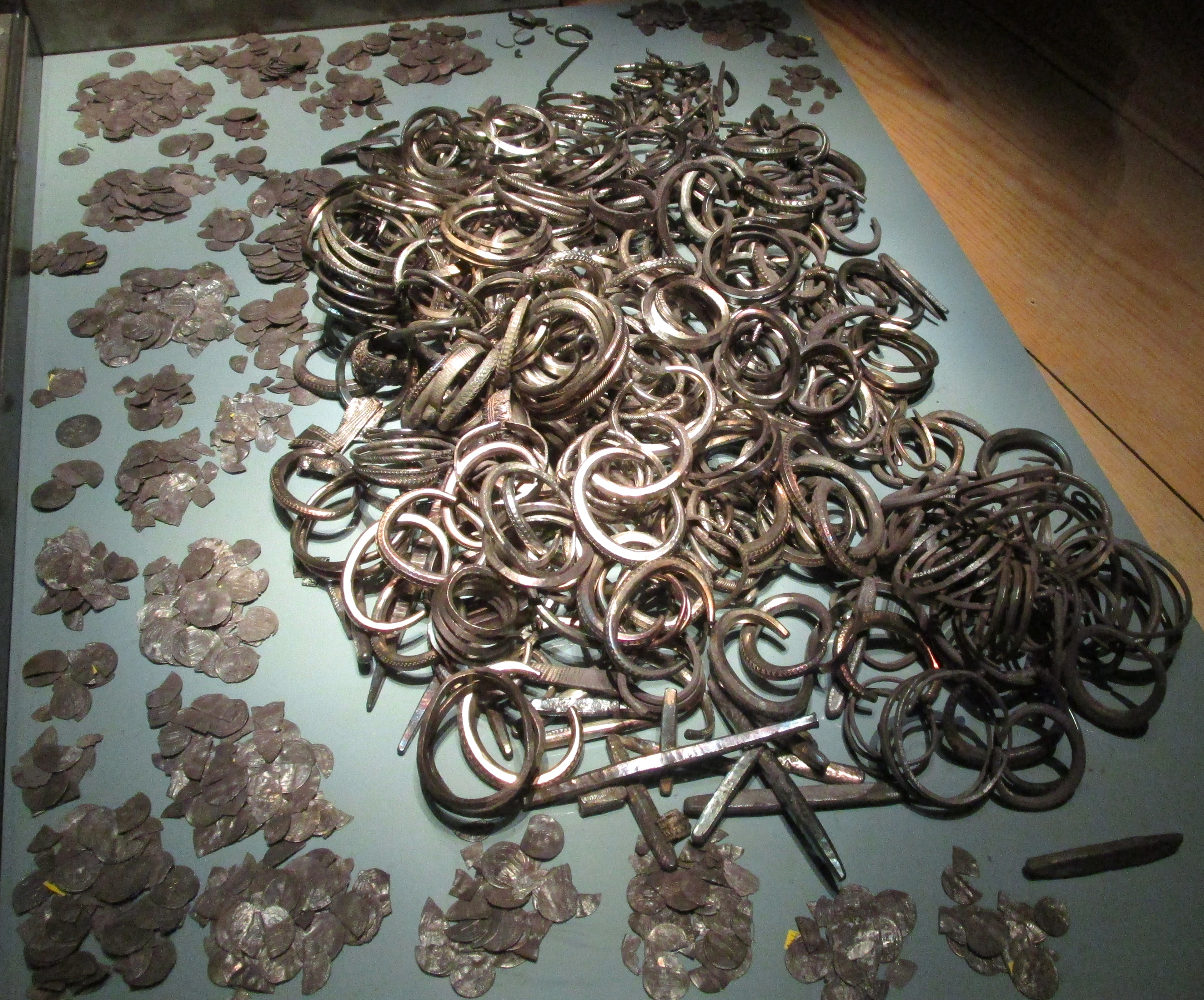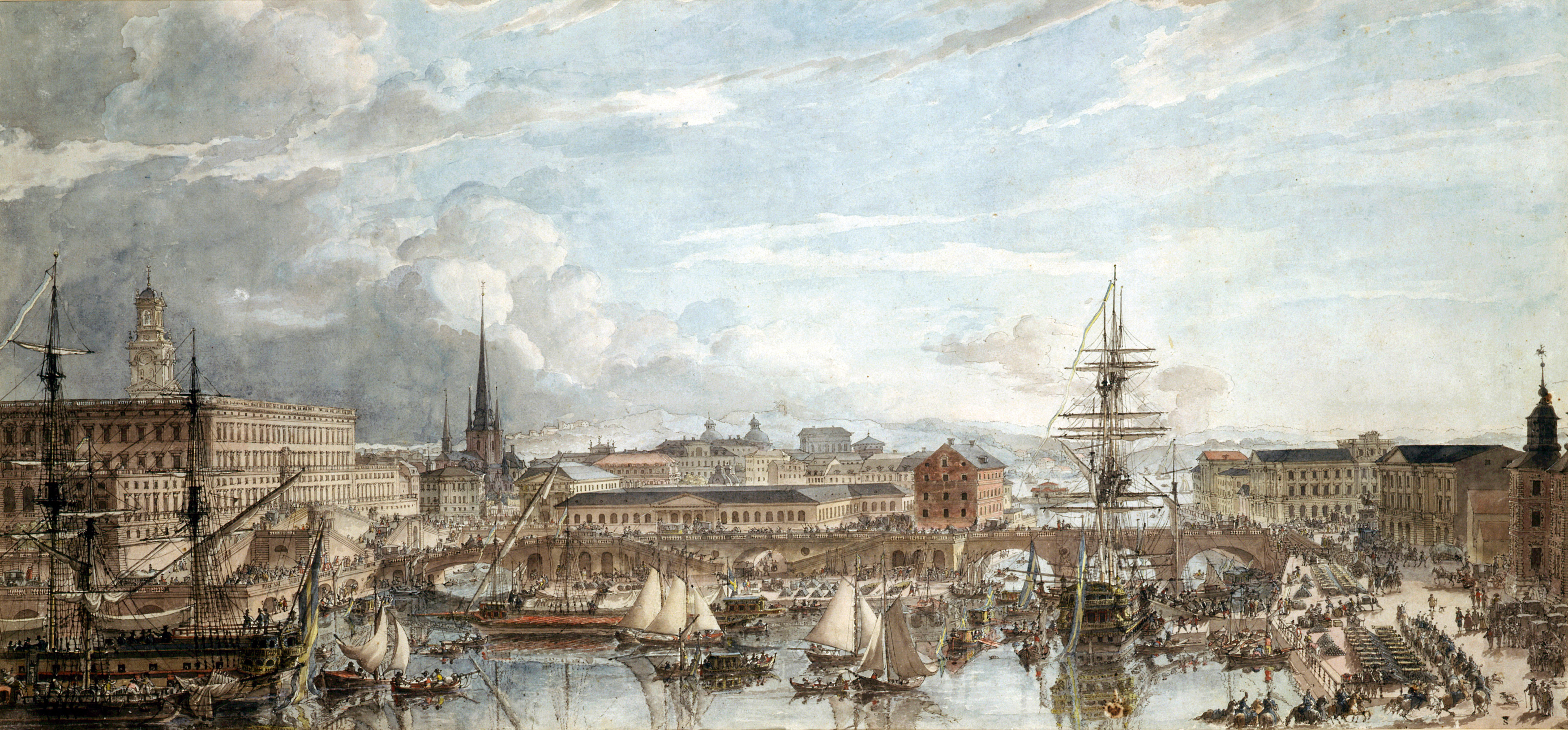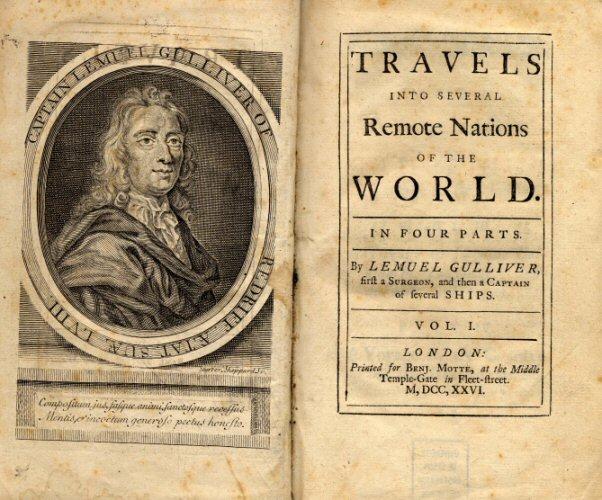|
Johan Puke
Johan Puke (October 20, 1726, Klinte, Gotland – July 23,1756), was a Swedish officer. He was executed for treason as one of the conspirators participating in the failed coup d'etat of queen Louisa Ulrika, the Coup of 1756. In 1744 he became a Sargent in the artillery. Johan Puke was the father of Johan af Puke, a Swedish naval officer who participated in the Russo-Swedish War (1788–1790) The Russo-Swedish War of 1788–1790 was fought between Gustavian era, Sweden and Russian Empire, Russia from June 1788 to August 1790. The war was ended by the Treaty of Värälä on 14 August 1790 and took place concomitantly with both the A .... References * Stålsvärd (Ståhlsverd), Magnus i Nordisk familjebok (andra upplagan, 1918) {{DEFAULTSORT:Puke, Johan 1726 births 1756 deaths Executed Swedish people People executed by Sweden by decapitation 18th-century Swedish military personnel 18th-century executions by Sweden People executed for treason against Sweden Age ... [...More Info...] [...Related Items...] OR: [Wikipedia] [Google] [Baidu] |
Klinte
Klinte is a populated socken on the Swedish island of Gotland. It comprises the same area as the administrative Klinte District, established on 1January 2016. Geography Klinte is the name of the socken as well as the district. It was also the name of the small village surrounding the medieval Klinte Church, sometimes referred to as ''Klinte kyrkby''. In 2015, that small locality was merged with the larger locality Klintehamn. Klinte is situated on the central west coast of Gotland where it straddles the slopes of limestone cliffs (known as ''klinten'') surrounding a natural harbor. , Klinte Church and Klinte Harbor Church belong to Klinte parish in Klinte pastorat. Events Since the first half of the 19th century, the annual Klinte Market is one of the major autumn markets on Gotland. There are five official markets held on the island in August–October: Slite, Havdhem, Kräklingbo, Klintehamn and Hemse, each usually spanning a weekend. References External links *Ob ... [...More Info...] [...Related Items...] OR: [Wikipedia] [Google] [Baidu] |
Gotland
Gotland (; ; ''Gutland'' in Gutnish), also historically spelled Gottland or Gothland (), is Sweden's largest island. It is also a Provinces of Sweden, province/Counties of Sweden, county (Swedish län), Municipalities of Sweden, municipality, and List of dioceses, deaneries and parishes of the Church of Sweden, diocese. The province includes the islands of Fårö and Gotska Sandön to the north, as well as the Karlsö Islands (Lilla Karlsö, Lilla and Stora Karlsö, Stora) to the west. The population is 61,023 (2024) of which about 23,600 live in Visby, the main town. Outside Visby, there are minor settlements and a mainly rural population. The island of Gotland and the other areas of the province of Gotland make up less than one percent of Sweden's total land area. The county formed by the archipelago is the second smallest by area and is the least populated in Sweden. In spite of the small size due to its narrow width, the driving distance between the furthermost points of the ... [...More Info...] [...Related Items...] OR: [Wikipedia] [Google] [Baidu] |
Louisa Ulrika Of Prussia
Louisa Ulrika of Prussia (; ; 24 July 1720 - 16 July 1782) was Queen of Sweden from 1751 to 1771. She was married to king Adolf Frederick and she was queen mother during the reign of king Gustav III. Background Louisa Ulrika was born in Berlin as the daughter of Frederick William I of Prussia and his wife Sophia Dorothea of Hanover, and was thus a younger sister of both Wilhelmine of Bayreuth and Frederick the Great. She was given the Swedish name Ulrika because Queen Ulrika Eleonora of Sweden had been her godmother. She exchanged letters with her godmother, and it was thought that she would marry a future son by Ulrika Eleonora, as Ulrika Eleonora herself had once been considered as a consort for Louisa Ulrika's father. However, Ulrika Eleonora remained childless. Louisa Ulrika was described as beautiful, intelligent, with a fierce temperament and a strong will. She was given an advanced education in accordance with the French Age of Enlightenment by the governess Marth ... [...More Info...] [...Related Items...] OR: [Wikipedia] [Google] [Baidu] |
Coup Of 1756
The Coup of 1756 () was an attempted coup d'état planned by Queen Louisa Ulrika of Sweden to abolish the rule of the Riksdag of the Estates and reinstate absolute monarchy in Sweden. The attempted coup was exposed and subdued in 1756 shortly before it was due to be put in action. It caused a rift between the royal house and the parliament. Background Since coming to Sweden after her marriage to Prince Adolf Frederick in 1744, Louisa Ulrika was displeased with the parliamentary system practiced in Sweden through the Instrument of Government, and wished to reinstate the system of absolute monarchy. After the accession to the throne of her spouse in 1751, she gathered a group consisting of supporters of absolute monarchy called '' Hovpartiet'', consisting of Carl Gustaf Löwenhielm, Adam Horn, Nils Adam Bielke, Erik Brahe, Magnus Stålsvärd, Eric Wrangel, and Gustaf Jacob Horn. Already in 1751, the queen planned a coup d'état, but it had never been set in action. In 1754, ... [...More Info...] [...Related Items...] OR: [Wikipedia] [Google] [Baidu] |
Russo-Swedish War (1788–1790)
The Russo-Swedish War of 1788–1790 was fought between Gustavian era, Sweden and Russian Empire, Russia from June 1788 to August 1790. The war was ended by the Treaty of Värälä on 14 August 1790 and took place concomitantly with both the Austro-Turkish War (1788–1791), Russo-Turkish War (1787–1792) and Theatre War. The war was, overall, mostly insignificant for the parties involved. King Gustav III, Gustav III of Sweden initiated the war for domestic political reasons, hoping to gain support from the opposition. Despite forming an alliance with the Ottoman Empire, Sweden failed to secure support from Kingdom of Great Britain, Great Britain, the Dutch Republic, and Kingdom of Prussia, Prussia. Sweden's initial plan to attack Saint Petersburg and instigate a coup to depose Empress Catherine the Great, Catherine II did not materialize. The war led to Denmark–Norway declaring war on Sweden, but peace was eventually signed on 9 July 1789 after diplomatic intervention by Gr ... [...More Info...] [...Related Items...] OR: [Wikipedia] [Google] [Baidu] |
1726 Births
Events January–March * January 23 – (January 12 Old Style) The Conventicle Act (''Konventikelplakatet'') is adopted in Sweden, outlawing all non-Lutheran religious meetings outside of church services. * January 26 – The First Treaty of Vienna is signed between Austria, the Holy Roman Empire and Spain, creating the Austro-Spanish Alliance in advance of a war against Great Britain. * January 27 – On its maiden voyage, the Dutch East India Company frigate ''Aagtekerke'' departs from the Dutch Cape Colony on the second leg of its journey to the Dutch East Indies and is never seen again. ''Aagtekerke'' had carried with it a crew of 200 men and was lost somewhere in the Indian Ocean. * February 8 – The Supreme Privy Council is established in Russia. * February 13 – The Parliament of Negrete (between Mapuche and Spanish authorities in Chile) brings an end to the Mapuche uprising of 1723–26. * March 2 – In London, a night watc ... [...More Info...] [...Related Items...] OR: [Wikipedia] [Google] [Baidu] |
1756 Deaths
Events January–March * January 16 – The Treaty of Westminster is signed between Great Britain and Prussia, guaranteeing the neutrality of the Electorate of Hanover, controlled by King George II of Great Britain. * January 27 – Wolfgang Amadeus Mozart is born in Salzburg, Austria, to Anna Maria and Leopold Mozart. * February 7 – Guaraní War: The leader of the Guaraní rebels, Sepé Tiaraju, is killed in a skirmish with Spanish and Portuguese troops. * February 10 – The massacre of the Guaraní rebels in the Jesuit reduction of Caaibaté takes place in Brazil after their leader, Noicola Neenguiru, defies an ultimatum to surrender by 2:00 in the afternoon. On February 7, Neenguiru's predecessor Sepé Tiaraju has been killed in a brief skirmish. As two o'clock arrives, a combined force of Spanish and Portuguese troops makes an assault on the first of the Seven Towns established as Jesuit missions. Defending their town with cannons made out of bamboo, the ... [...More Info...] [...Related Items...] OR: [Wikipedia] [Google] [Baidu] |
Executed Swedish People
Capital punishment, also known as the death penalty and formerly called judicial homicide, is the state-sanctioned killing of a person as punishment for actual or supposed misconduct. The sentence (law), sentence ordering that an offender be punished in such a manner is called a death sentence, and the act of carrying out the sentence is an execution. A prisoner who has been sentenced to death and awaits execution is ''condemned'' and is commonly referred to as being "on death row". Etymologically, the term ''capital'' (, derived via the Latin ' from ', "head") refers to execution by Decapitation, beheading, but executions are carried out by List of methods of capital punishment, many methods, including hanging, Execution by shooting, shooting, lethal injection, stoning, Electric chair, electrocution, and Gas chamber, gassing. Crimes that are punishable by death are known as ''capital crimes'', ''capital offences'', or ''capital felonies'', and vary depending on the jurisdic ... [...More Info...] [...Related Items...] OR: [Wikipedia] [Google] [Baidu] |
People Executed By Sweden By Decapitation
The term "the people" refers to the public or common mass of people of a polity. As such it is a concept of human rights law, international law as well as constitutional law, particularly used for claims of popular sovereignty. In contrast, a people is any plurality of persons considered as a whole. Used in politics and law, the term "a people" refers to the collective or community of an ethnic group or nation. Concepts Legal Chapter One, Article One of the Charter of the United Nations states that "peoples" have the right to self-determination. Though the mere status as peoples and the right to self-determination, as for example in the case of Indigenous peoples (''peoples'', as in all groups of indigenous people, not merely all indigenous persons as in ''indigenous people''), does not automatically provide for independent sovereignty and therefore secession. Indeed, judge Ivor Jennings identified the inherent problems in the right of "peoples" to self-determination, as i ... [...More Info...] [...Related Items...] OR: [Wikipedia] [Google] [Baidu] |
18th-century Swedish Military Personnel
The 18th century lasted from 1 January 1701 (represented by the Roman numerals MDCCI) to 31 December 1800 (MDCCC). During the 18th century, elements of Enlightenment thinking culminated in the Atlantic Revolutions. Revolutions began to challenge the legitimacy of monarchical and aristocratic power structures. The Industrial Revolution began mid-century, leading to radical changes in human society and the environment. The European colonization of the Americas and other parts of the world intensified and associated mass migrations of people grew in size as part of the Age of Sail. During the century, slave trading expanded across the shores of the Atlantic Ocean, while declining in Russia and China. Western historians have occasionally defined the 18th century otherwise for the purposes of their work. For example, the "short" 18th century may be defined as 1715–1789, denoting the period of time between the death of Louis XIV of France and the start of the French Revolution, ... [...More Info...] [...Related Items...] OR: [Wikipedia] [Google] [Baidu] |





